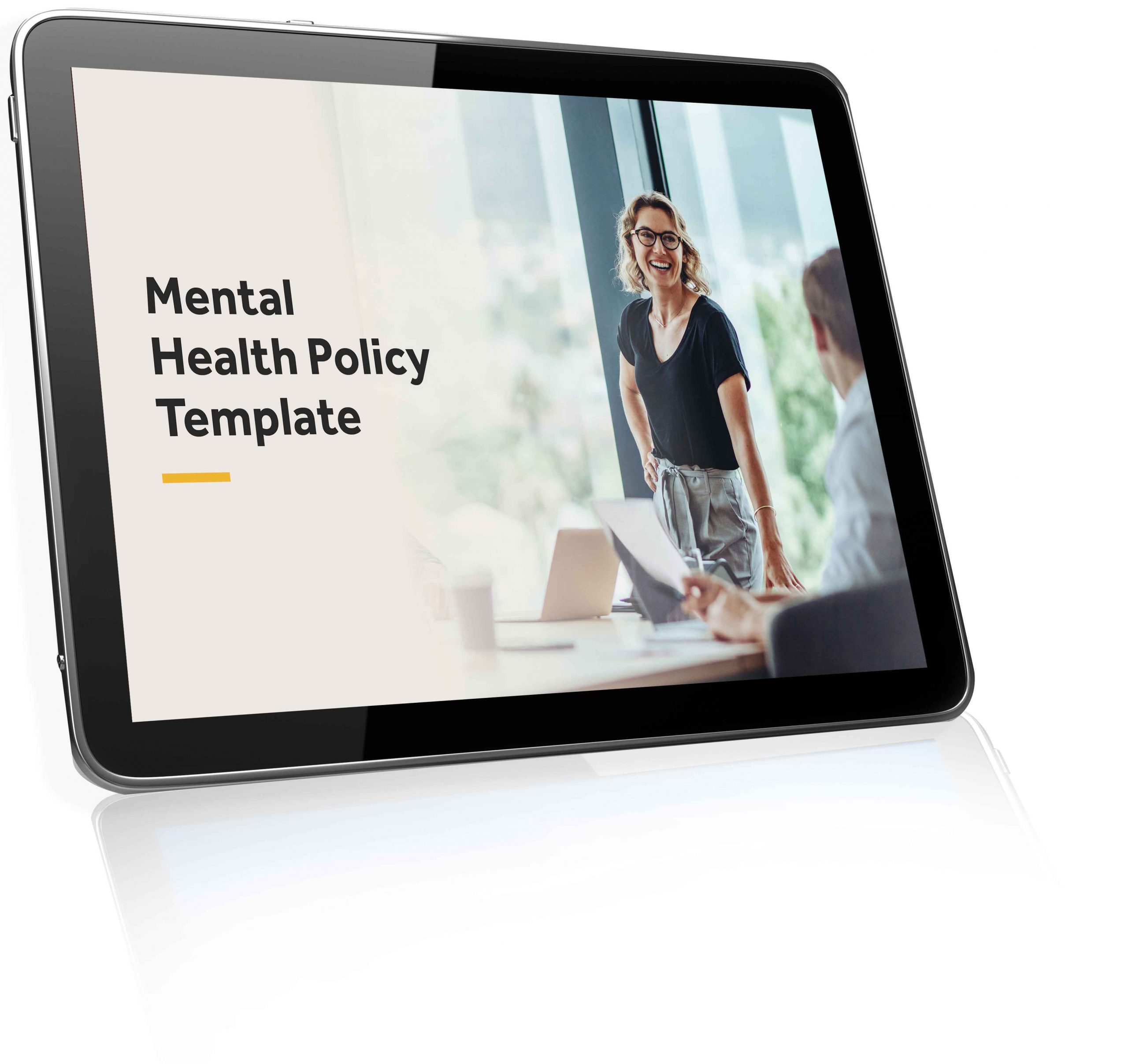
Like delayed trains, broken down coffee machines and jammed printers, an employee calling in sick is an everyday event in working life. However, absenteeism is only a part of the picture when it comes to staff being unwell. For employers trying to run a productive and cost-effective business, presenteeism can pose a much bigger problem.
What is presenteeism?
Presenteeism is the act of being present at work without being productive, normally because of poor physical or mental health.
Even if the term seems unfamiliar, presenteeism in the workplace is nothing new. If you’ve ever popped a few paracetamols and dragged yourself to work with a splitting headache, you’ve been involved in it yourself.
Many employees feel the need to ‘show up’ for work despite being unwell due to anxieties about job security, or because of an unhealthy workplace culture in which sick days are confused with a lack of commitment.
The problems of presenteeism
When it comes to employers, is it better for sick employees to persevere and come to work, or stay at home and fully recover before returning? Most business owners would prefer the former. Why? Let’s explore some of the biggest problems that come with presenteeism.
Reduced productivity:
For your workforce to really be a force, your staff need to be fully fit. An employee who comes into work not at their best, either physically or mentally, is unlikely to maintain their normal job performance. This means you’ll be paying full wages for reduced productivity and work that’s strewn with unnecessary mistakes.
The spread of illness:
If an employee has a contagious illness like influenza or norovirus, it can quickly spread like wildfire through your workplace. In this case, one employee’s presenteeism can lead to multiple absences.
Post-Covid, people are far more conscientious about containing the spread of disease and more likely to stay at home when unwell. However, there’s always somebody who feels the need to ‘soldier up’ at everybody else’s expense.
Prolonged recovery time:
It might sound simple, but the decision to persevere with work through an illness almost always delays the recovery process.
Would you rather an employee had two days of paid sick leave and then returned to work ready to perform, or worked while sick for ten days at 50% of their normal productivity? It’s a no brainer.
An employee who properly rests and recovers will return to their usual levels of productivity in the shortest possible timeframe.

Are you supporting your staff’s mental health?
When it comes to the wellbeing of your workforce, having a comprehensive and responsive Mental Health Policy is essential. You can use this FREE Mental Health Policy Template to get your documents and processes in place, ensuring all your staff get the support they need.
Digital presenteeism
The trend toward hybrid and remote work arrangements has seen the rise of a new phenomenon known as ‘digital presenteeism’.
You might think that the pressure to ‘show up’ for work when sick reduces in the world of remote work. However, working online can have the opposite effect.
Because remote workers are out of sight, they tend to feel the need to prove their presence to managers and colleagues. This can result in an ‘always-on’ culture where employees feel obliged to stay online and respond to requests 24/7, even when they’re not well enough to do so.
Additionally, working from home has seen the boundaries between work and private life blur, leaving many workers unable to switch off – metaphorically and literally.
“This lack of separation can lead – and in many cases does lead – to longer working hours, increased workloads and difficulty taking breaks or time off, all contributing to presenteeism,” says Peter Brown, PwC’s Global Head of People and Organisation.
The therapeutic work dilemma
While most managers will almost certainly prefer physically unwell employees to stay away from work, employees with mental health issues are a more complicated matter.
The Health Foundation reports work can help with mental health problems because it maintains routines, a sense of purpose and social connection. As such, an employee struggling with their mental health might choose to be at work for its health benefits, despite not being able to perform at normal levels.
Small businesses can struggle to accommodate therapeutic work, firstly because of the financial loss that comes with paying an employee at the normal rate for reduced productivity, and secondly because the employee’s mental state may have a ‘ripple effect’ on other workers, impacting team morale and productivity on a broader scale.
Therapeutic work creates a dilemma for business owners who are committed to supporting a mentally unwell employee but must balance this commitment with possible risk factors to the wellbeing of co-workers.
Before you allow a therapeutic work arrangement, be sure to:
Get a written recommendation from the employee’s GP, counselor, or mental health specialist.
Make tailored adjustments to the employee’s role as needed.
Regularly check in with the employee and ensure they have enough workplace support.
If these measures are beyond your company’s means, therapeutic work might not be a workable option for your business.
Practical steps for avoiding presenteeism
If you want to avoid an unhealthy workplace culture and staff that subscribe to presenteeism, following these simple steps can help:
1. Clarify your position
Adopting a ‘presenteeism-free’ culture can help nip the problem in the bud. Put your company position down in writing and include it in your employee handbook. You might even hold team meetings to discuss the issue and raise awareness.
It’s wise to start by addressing presenteeism at senior management levels. CEOs and other business leaders should always take sick leave, setting an example for the other employees.
2. Ensure staff have enough paid sick leave
An employee who knows they will not get paid if they take sick leave is much more likely to drag themselves into work unwell.
All of your employees are entitled to 10 days of paid sick leave after six months of continuous employment, regardless of how many hours they work each week or whether they are full-time or part-time.
Even if they have not had six months of continuous service, they will still be entitled to paid sick leave providing they have worked for you at least an average of 10 hours per week, with at least 1 hour every week or 40 hours in every month.
3. Implement EAPs
An Employee Assistance Program (EAP) is a confidential counselling service offered by employers to their employees. EAPs are designed to support the social and psychological wellbeing of staff, both in the workplace and in their personal lives.
Larger businesses with enough financial resources will set up internal EAPs, offering staff a professional counselling service when times get tough.
In New Zealand, there are a range of EAP service providers that smaller business can choose to contract. Naturally these services come at a cost, but they focus on early intervention and can help to prevent more pervasive mental health problems, meaning they often represent a sound investment.
4. Set remote work boundaries
Rather than assuming remote workers will take the initiative to set their own boundaries, you should actively encourage them to do so. Before a staff member starts working remotely, clarify their expected hours and when they will (and won’t) respond to work-related requests.
You should also make it crystal clear that you don’t expect them to work when they’re unwell just because they’re working from home.
5. Conduct employee health surveys
Conducting regular staff surveys can help you get valuable information about your workforce’s wellbeing; helping you better understand anything work-related that might be contributing to presenteeism.
The information you get from these surveys can help you take steps to reduce unnecessary workplace stress and enhance the long-term health and productivity of your staff.
Employsure have years of experience working with Kiwi businesses, helping thousands of employers get the best out of their teams. If you’re a business owner with an employment relations question, call our FREE Advice Line now on 0800 005 215.
